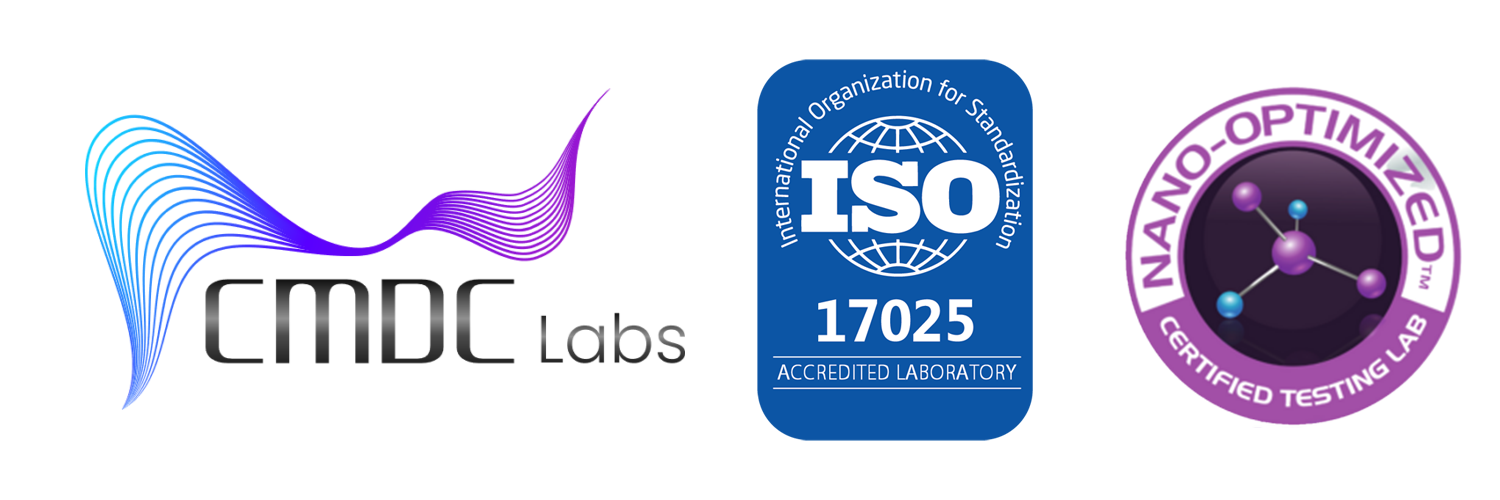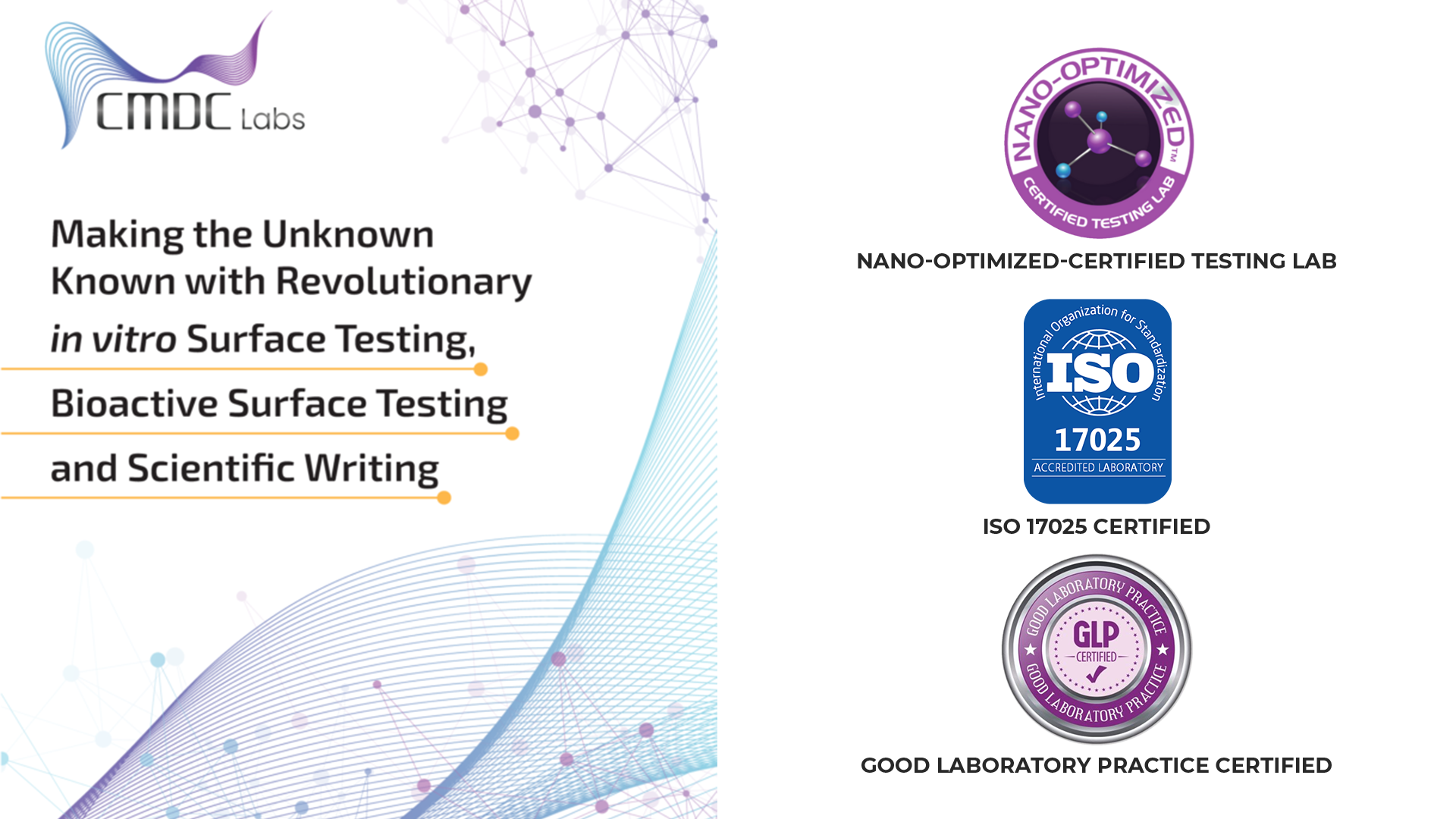Product development is a dynamic process that involves rigorous testing to ensure the safety, quality, and compliance of the final offering. In this article, we delve into the crucial role that microbiology testing plays in shaping products from the laboratory bench to the market shelves, exploring the key stages and contributions of microbiological analysis.
1. Formulation and Raw Material Testing:
The journey begins with the formulation of a product and the careful selection of raw materials. Microbiology testing comes into play at this early stage, where raw materials are subjected to comprehensive testing to verify their microbiological quality. This ensures that the foundation of the product is free from contaminants.
2. Process Validation:
As the product moves through the manufacturing process, microbiology testing is integral to process validation. Regular checks are conducted to ensure that the manufacturing environment remains free from microbial contamination, contributing to the consistency and reliability of the production process.
3. In-Process Testing:
Throughout production, in-process testing is conducted to monitor microbial levels and detect any deviations from the specified standards. This proactive approach allows for immediate corrective actions, preventing the release of compromised products.
4. Final Product Quality Assurance:
Microbiology testing is a cornerstone in ensuring the quality of the final product. Finished goods undergo extensive testing to verify the absence of harmful microorganisms, guaranteeing that the product meets safety standards and poses no risk to consumers.
5. Shelf Life Studies:
Understanding how products interact with the environment over time is crucial. Microbiology testing contributes to shelf life studies, assessing how microbial activity may impact the product’s stability, safety, and quality throughout its intended lifespan.
6. Compliance with Regulatory Standards:
Microbiology testing is essential for compliance with regulatory standards and industry-specific regulations. Whether it’s the pharmaceutical, food, or cosmetic industry, adherence to microbiological standards is non-negotiable for market approval.
7. Consumer Safety and Confidence:
Microbiology testing instills confidence in consumers by assuring them of the safety and quality of the products they purchase. Products that undergo thorough microbiological analysis are more likely to meet or exceed consumer expectations, leading to greater market acceptance.
8. Recall Prevention:
Effective microbiology testing acts as a preventive measure against recalls. Identifying and addressing potential microbial issues before products reach the market safeguards brand reputation and minimizes the financial impact of recalls.
9. Continuous Improvement:
Microbiology testing contributes to the continuous improvement of products. Insights gained from testing results enable manufacturers to refine formulations, optimize processes, and stay ahead of emerging microbial challenges.
10. Market Authorization and Expansion:
Successful microbiology testing facilitates market authorization, allowing products to enter the market with confidence. Moreover, it supports market expansion by demonstrating a commitment to quality and safety, opening doors to new opportunities and consumer demographics.
Conclusion:
Microbiology testing is not just a regulatory requirement; it is a fundamental driver of product development. From ensuring raw material quality to safeguarding consumer health, microbiology testing shapes products at every stage, underscoring its pivotal role in the journey from the laboratory to the market.

